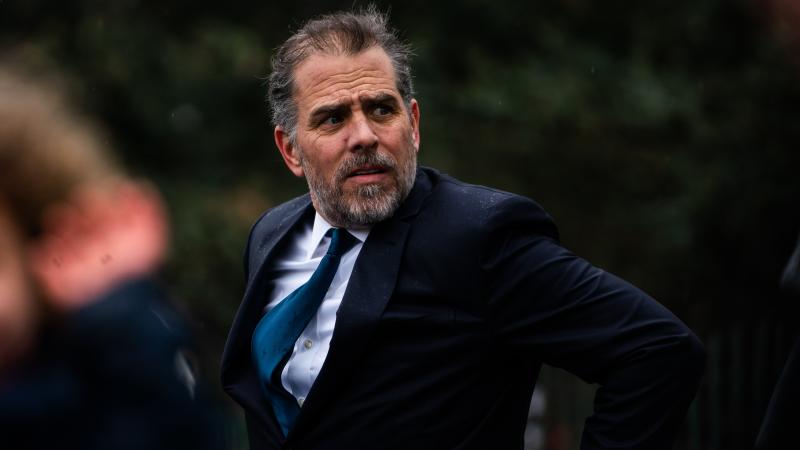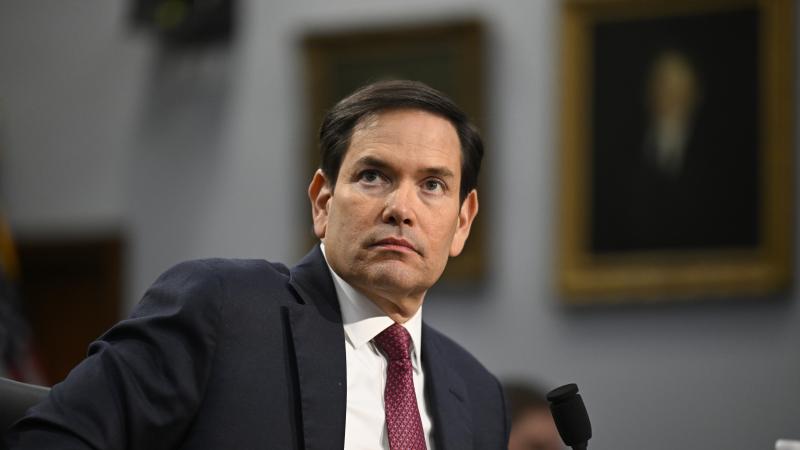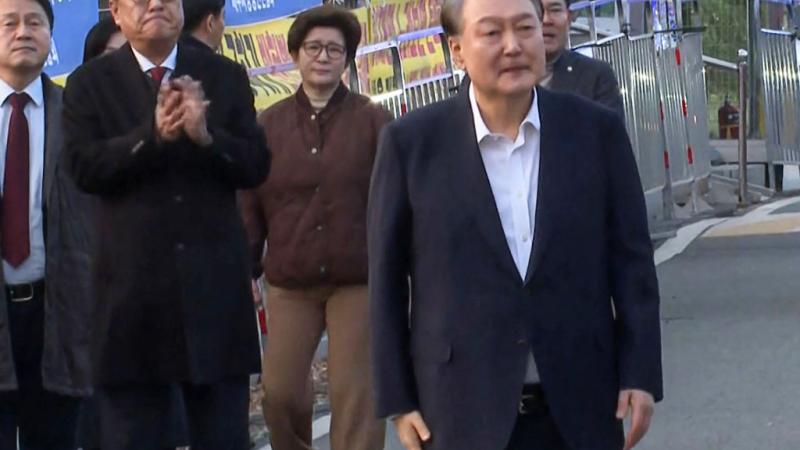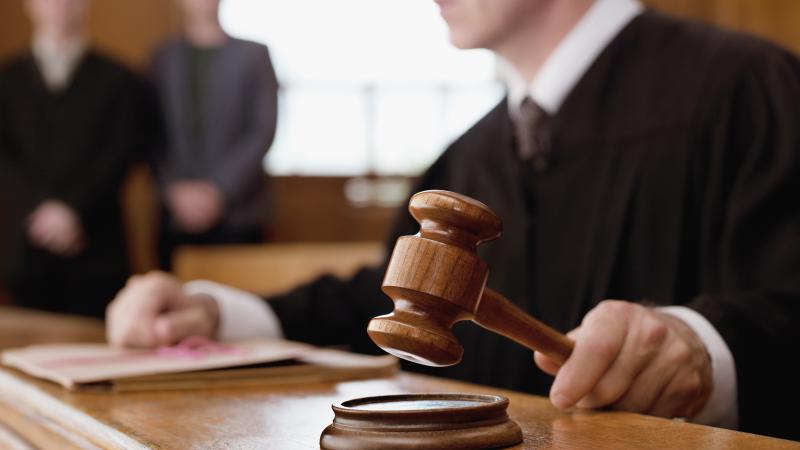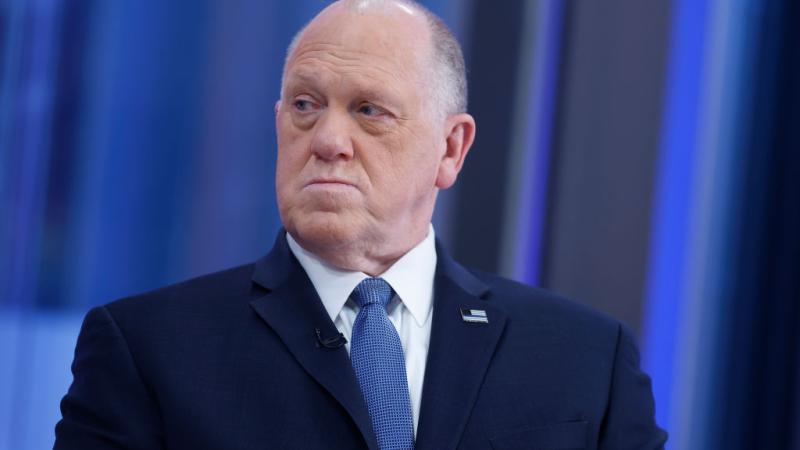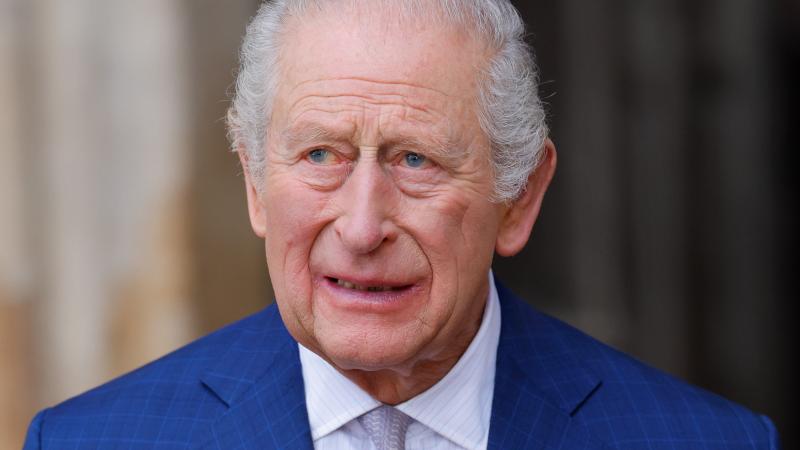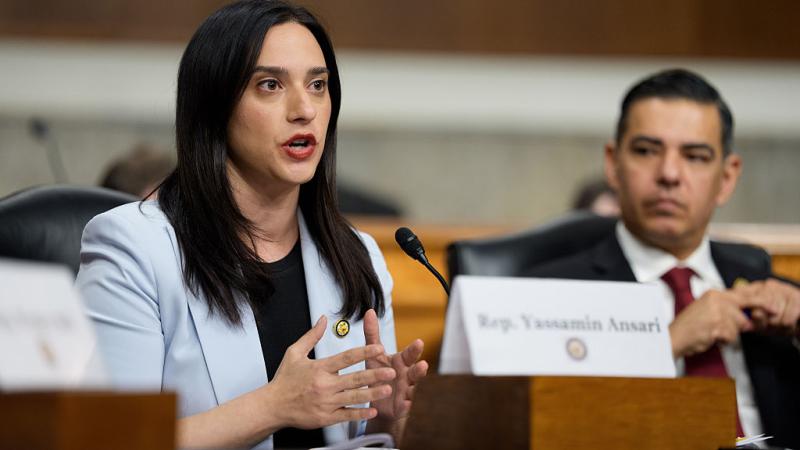Sally Yates is testifying to Senate, but James Comey may feel the heat
Yates told the FBI that Comey disregarded DOJ's instructions and wasn't treating the Trump White House the same as Obama's. Senators will try to show it was a pattern for the fired FBI chief.
Former Acting Attorney General Sally Yates, an Obama holdover whose interactions with the early Trump administration generated controversy and strife, is testifying Wednesday before the Senate Judiciary Committee investigating the discredited Russia collusion probe.
While Yates will be in the witness chair, it may very well be the fired FBI Director James Comey who will feel like he's in the hot seat.
Yates' official narrative, recorded in a FBI memo, was that Comey refused to follow the DOJ's instructions and procedures during a key moment in the Russia probe in January 2017, a behavior similarly exhibited by the ex-director a year earlier when he unilaterally chose to announce in July 2016 that Hillary Clinton wouldn’t face charges in the email scandal — without legal authority to do so.
Before Special Counsel Robert Mueller finished his probe by concluding there was no collusion between the Trump campaign and Russia, Yates had told the FBI agents assisting Mueller that she had serious reservations about Comey's conduct related to investigating then-National Security Adviser Michael Flynn.
Yates told the FBI, according to the official interview report, that the Comey FBI seemed cavalier and unwilling to follow protocol and "it was not always clear what exactly the FBI was doing to investigate Flynn."
In other words, the FBI was searching for a crime to charge Flynn with, especially after Justice officials were cool to the idea of charging the Trump adviser under the obscure Logan Act for his conversations with Russian ambassador Sergey Kislyak.
Yates said during the interview the FBI seemed more gung-ho about the Logan Act, while prosecutors in DOJ's National Security Division were reluctant to use the law.
"The feeling among NSD attorneys was Flynn's behavior was a technical violation of the Logan Act, but they were not sure this would have a lot of jury appeal, or if pursuing it would be a good use of the power of the Justice Department. Yates had the impression the FBI was more eager to pursue prosecution initially," Yates' interview summary states.
You can read that FBI interview report here.
While the debate lingered on, Yates became shocked to learn Comey had refused her specific instruction to brief the White House about Flynn and had instead sent two agents to interview the Trump adviser without following proper protocol.
Yates said her concern was not about prosecuting Flynn as much as it was alerting the new Trump White House that Flynn's account of his call with the Russian diplomat to Vice President Mike Pence might not have been accurate.
Ordinarily, FBI interview reports are dry reading. But the section of Yates' interview about her frustration with Comey reads more like a political drama.
"Prior to inauguration, Yates recalled a conversation with Comey or Deputy Director Andy McCabe regarding notification, and recalled that the FBI was resistant to the idea. Yates recalled Corney's view was that no one really knew if the Vice President was aware of the calls. The DOJ response was that they shouldn't assume the Vice President was aware and had knowingly lied," the FBI interview report stated.
"Yates said at the time that DOJ wanted to treat the incoming administration the same as the outgoing and thinks Comey agreed that if this had happened to the Obama Administration, he would have just called Denis McDonough [Chief of Staff to President Obama]," the report added. "Yates thought the FBI's position was driven by a sense that the FBI didn't want to mess up future relations with the incoming administration, since we're going to have to work with these guys.
"However, Yates didn't think that was the sole factor in not wanting to notify. The FBI said at some point that notification would mess up an ongoing investigation."
Yates eventually decided "enough was enough" and made plans to notify the White House herself since Comey was resisting.
When she called the FBI director to inform him, she was shocked: Comey "informed her that two agents were on their way to interview Mike Flynn at the White House.
"Yates was very frustrated in the call with Comey. She felt a decision to conduct an interview of Flynn should have been coordinated with DOJ," the FBI interview recounted. "There were trial attorneys at NSD working with the FBI and it was not solely an FBI investigation. In Yates' view, the prosecutors should be involved in coordinating the type of approach and interview."
If Yates' thread about Comey sounds familiar, it's probably because earlier DOJ inspector general reports concluded Comey acted with similar contempt for DOJ authority.
The IG concluded, for instance, that Comey wrongly announced a decision not to charge Clinton with mishandling her classified email. "Comey usurped the authority of the Attorney General," the watchdog wrote in a stinging rebuke.
A few months later, the IG came out with a second report saying Comey's removal of FBI memos and the leaking of one during the Russia probe violated bureau rules in a misguided effort to get a special prosecutor named to probe Trump.
"In a country built on the rule of law, it is of utmost importance that all FBI employees adhere to Department and FBI policies, particularly when confronted by what appear to be extraordinary circumstances or compelling personal convictions," the IG wrote last year.
"Comey had several other lawful options available to him to advocate for the appointment of a Special Counsel, which he told us was his goal in making the disclosure," the IG added. "What was not permitted was the unauthorized disclosure of sensitive investigative information, obtained during the course of FBI employment, in order to achieve a personally desired outcome."
Republican senators expect to use Tuesday's hearing with Yates to accentuate Comey's disregard for the rule of law, from the Clinton email probe to the Russia fiasco. "Yates is a key witness against Comey and the witch hunt, and we will accentuate that," one source familiar with the committee's strategy told Just the News.
Yates' FBI interview offers many other insights that senators on Wednesday may also explore, including her description of the adversarial reaction then-Trump White House Counsel Don McGahn had when she suggested part of the reason the FBI was investigating Flynn was because he may have misled the Vice President.
"McGahn started the second meeting with something like, 'What's it to DOJ if one White House official lies to another?'" the FBI report quoted Yates as saying.
That's a question many Americans may also ask before Wednesday's hearing is over.
